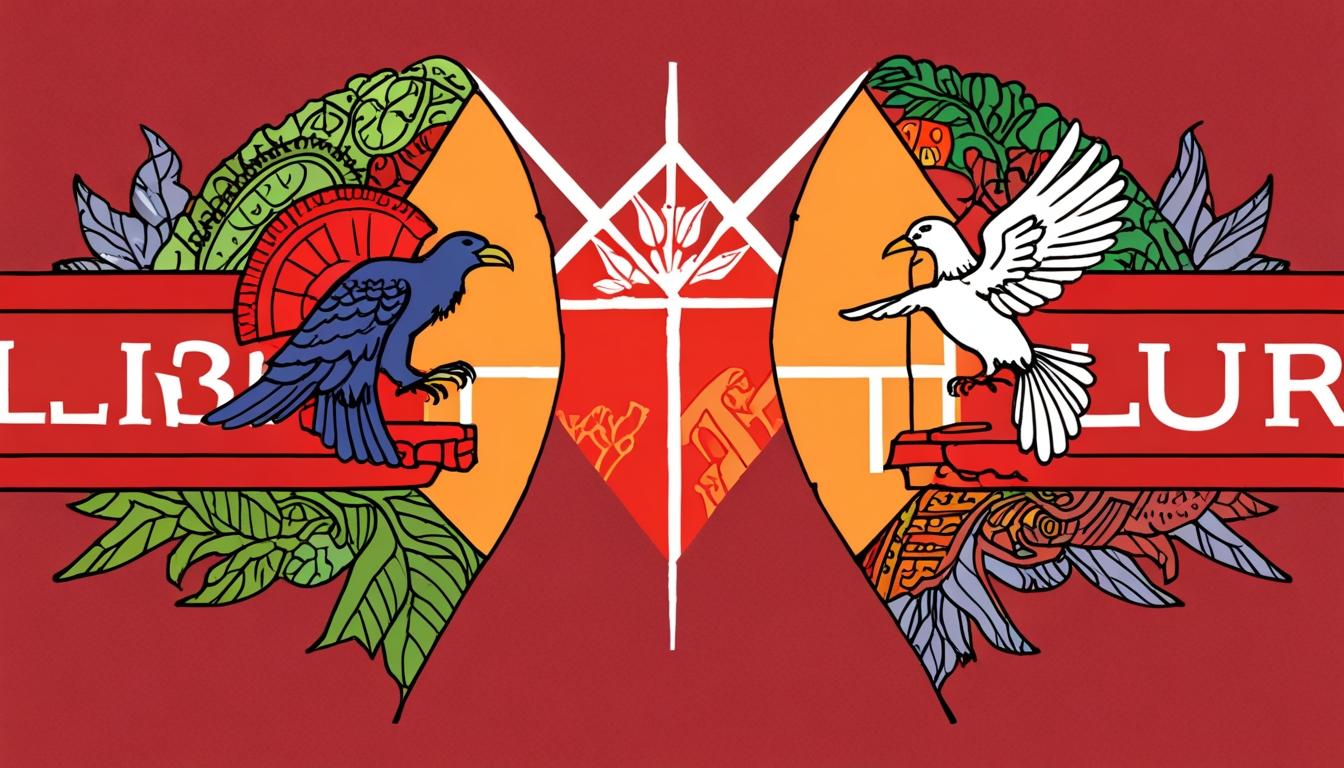Recent polling data reveals a troubling trend for the Labour Party, as it grapples with the surging popularity of an emerging political force, now holding a five-point lead over Labour in voter support. A YouGov survey indicates this group commands 28 per cent of the electorate, while Labour lags behind at just 23 per cent. This slight dip from the previous week showcases the resilience and magnetic appeal of an alternative platform, especially as Labour struggles to regain lost ground. Meanwhile, the Conservatives trail significantly at a mere 18 per cent, exemplifying their ongoing disarray in the post-election climate.
Anxiety within Labour’s leadership is palpable, especially after the recent local elections, where this challenger secured ten councils and two mayoralties, along with a critical Commons seat in Runcorn. The escalating fears among Labour ranks were underlined by Cabinet Office minister Pat McFadden, who described the situation as the "fight of our lives" in a candid discussion with fellow MPs. The party now stands at a crucial juncture, grappling with internal discord on how to effectively counter this emerging threat.
One faction within Labour, the Labour Growth Group, has issued stark warnings about the party's faltering trajectory. Their chairman, Chris Curtis, raised alarm bells over the UK’s economic prospects, cautioning that unless the country breaks free from a "complete economic doom loop," the appeal of this emerging leader could continue to rise. He stressed the critical need to address the economic stagnation that leaves many Britons disenchanted, stating, "Until we get out of that economic doom loop, we could very well see a shift in leadership."
The issue of immigration remains central to this political landscape, with a significant share of Labour voters expressing dissatisfaction with the party’s current stance. Surveys indicate that over a quarter of Labour supporters might consider backing this alternative option, driven largely by calls for stricter immigration controls. Data reveals that 57 per cent of Labour voters believe immigration levels should be reduced, suggesting a disconnect between Labour’s policies and the desires of a substantial portion of its base. This has led to mounting calls within the party for a more assertive approach to immigration, including discussions around a wealth tax aimed at addressing public service cuts, alongside pressures for stringent immigration reforms.
As Labour seeks a coherent strategy amidst these shifting sentiments, the internal tensions between traditional economic policies and the pressing demands for immigration reform highlight the broader ideological divide within the party. The Red Wall MPs have pushed for a break from what they term "Treasury orthodoxy," advocating for transformative solutions that resonate with disillusioned voters. In contrast, left-wing factions remain adamant that social safety nets should be prioritized, without resorting to austerity as a solution.
As this emerging platform continues to leverage hardline immigration stances, the political landscape may hinge on Labour's capacity to adapt to the changing electorate. With the next election looming, Labour’s response to these challenges will be critical in determining its future relevance in UK politics.
Source: Noah Wire Services
